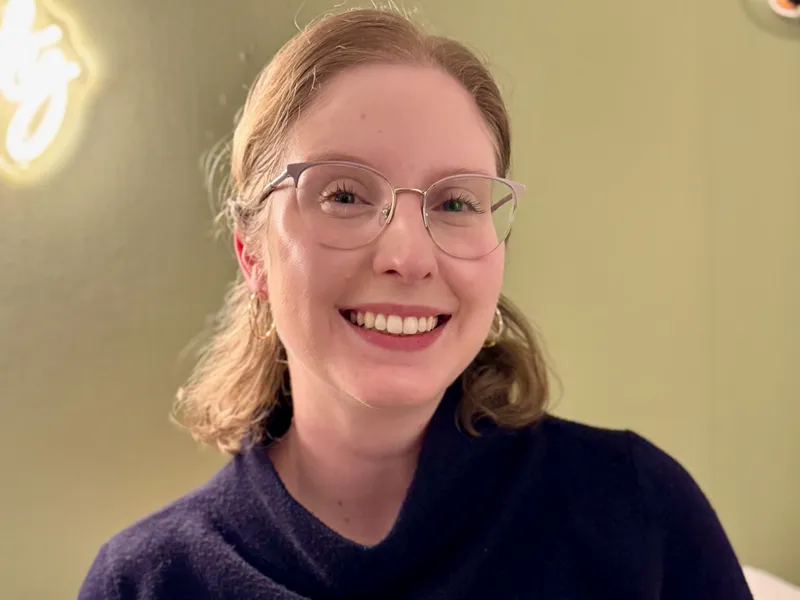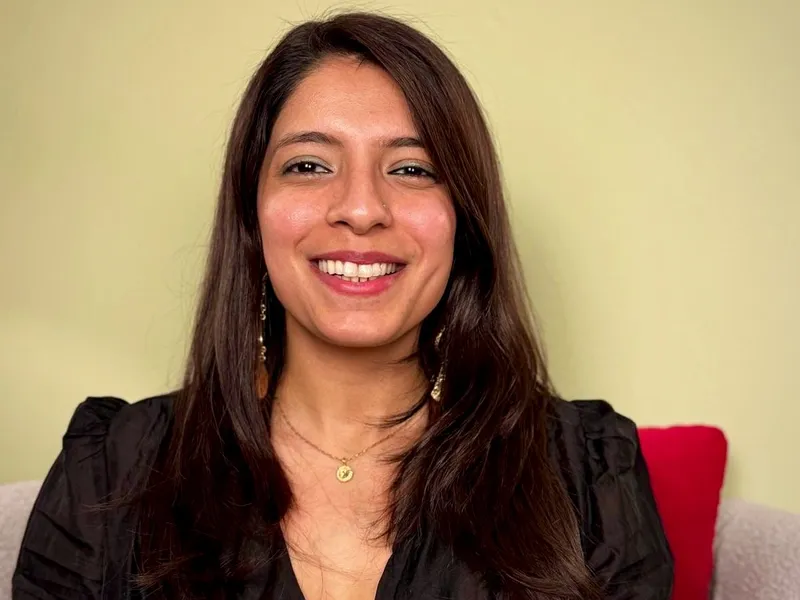Video Game Developer Career
Working in the video game industry is perfect for those who want to make their dreams come to life as you partake in creating a unique experience to share with the world. There are generally 3 different disciplines that are involved in making a game: programmers, artists, and sound design. Within these there are plenty of different directions to go so as you learn hone in on what you desire.
Video Game Software Engineer
As a programmer whichever language you learn is dependent on which game engine you choose. A game engine is the framework used to create a game where all the components come together. Here is a general overview of each engine:
- Unreal Engine (C++)
- The most advanced engine to date with a large amount of tools to help you get started and create graphically intense games
- Free assets available in the marketplace
- Blueprint system allows for code to be placed visually into flowcharts and reusable components making it easier for non engineers to create custom logic
- Free
- AAA Focused
- Unity (C#)
- Asset Store
- Ideal for the Mobile Game Market
- Relatively easy to pick up
- Free for personal use with revenue < $100k in the last 12 months
- CRYENGINE (C++)
- Performant Game Engine
- Robust
- Very strong rendering capabilities
- Steep learning curve (Fair amount of C++ knowledge needed)
- AAA Focused
- Godot (GDScript)
- Easy language to pick up
- Free and Open Source
- Simple framework
- Lightweight
- Indie focused
Overall the options depend on what direction you want to take your career in which type of company or project you’d want to do. As a programmer your responsibility is to dictate the logic of the whole game and utilize what was given by the art side and bind everything together. As you progress be sure to have a portfolio on platforms like Github that you can show off to demonstrate what you’ve learned on platforms like Github.
Video Game Artist
As a Video Game Artist you have a lot of different areas to express your creativity, from character design, to environments and more. Each stage builds up into more from concept to modeling/animating to rendering/lighting/VFX. Here are the key aspects of each stage in the pipeline of 3D art. As an artist it is crucial to have a portfolio of your work on platforms such as Artstation.
Illustrator/Concept Artist
Hand Drawn assets as a proof of concept. This stage is very important as the 3D modellers need a sufficient amount of information to model the concept. A good illustrator needs the following skills:
- Anatomy (for characters)
- Shading
- Perspective
- Values (Grayscale rendition to color rendition)
- Composition (Used for balance, proportions, where the eye focuses)
- Lighting
Illustration software options:
Also consider purchasing a drawing tablet (i.e. Wacom, iPad, etc.) for drawing.
3D Modelling
As a 3D Modeller the goal is to take what is done in the illustration phase and create a 3D asset to be placed in the engine environment.
Software options for this stage:
VFX / Lighting / Textures
Once a model is created this stage is to add detail and life to the model or the environment. There are standalone tools for this as well as support for these features in engine for popular game engines.
Standalone software options:
Animation
At this stage if the model needs to be animated the model will be “rigged” and set up to be animated. The animaiton process can be done in most popular game engines or with standalone software.
Animation Software:
Sound Design
For sound design you can use any audio editing software whether it is to make sound effects, music or voice acting.
Audio Software:
Resources
Below are some courses to help start on this journey:
- Unreal Sensei
- Tom Looman’s Blog
- Game Design: Art and Concepts Specialization
- C# Programming for Unity Game Development Specialization
- CRYENGINE Tutorials
- Art for Games
- Complete Blender Creator: Learn 3D Modelling for Beginners
- Complete Godot 3D: Develop Your Own 3D Games Using Godot 4
- Sculpting in ZBrush
- Blender Animation & Rigging: Bring Your Creations To Life
- FL Studio - Music Production + Mixing Music - Complete Music





